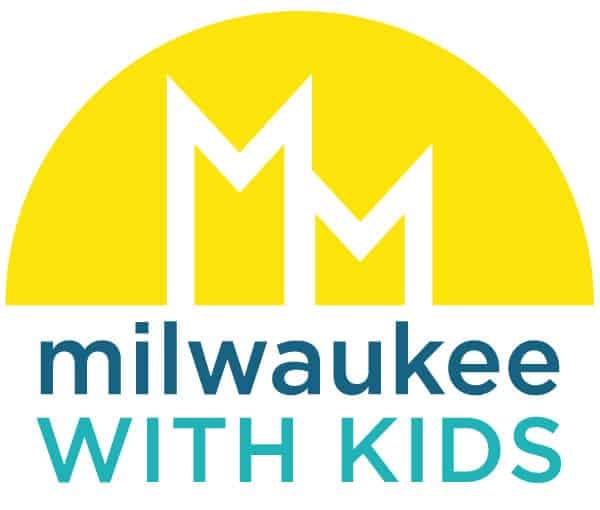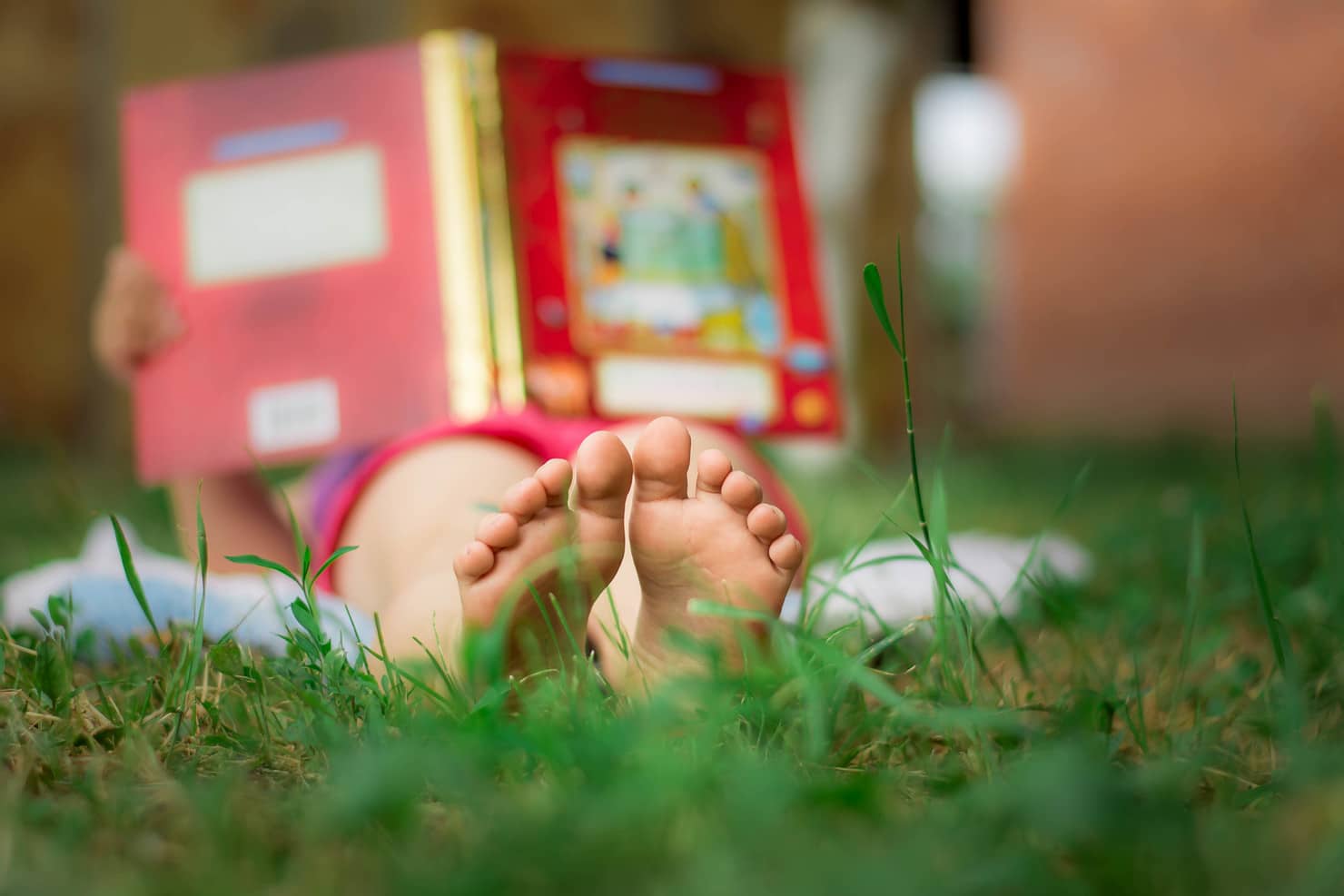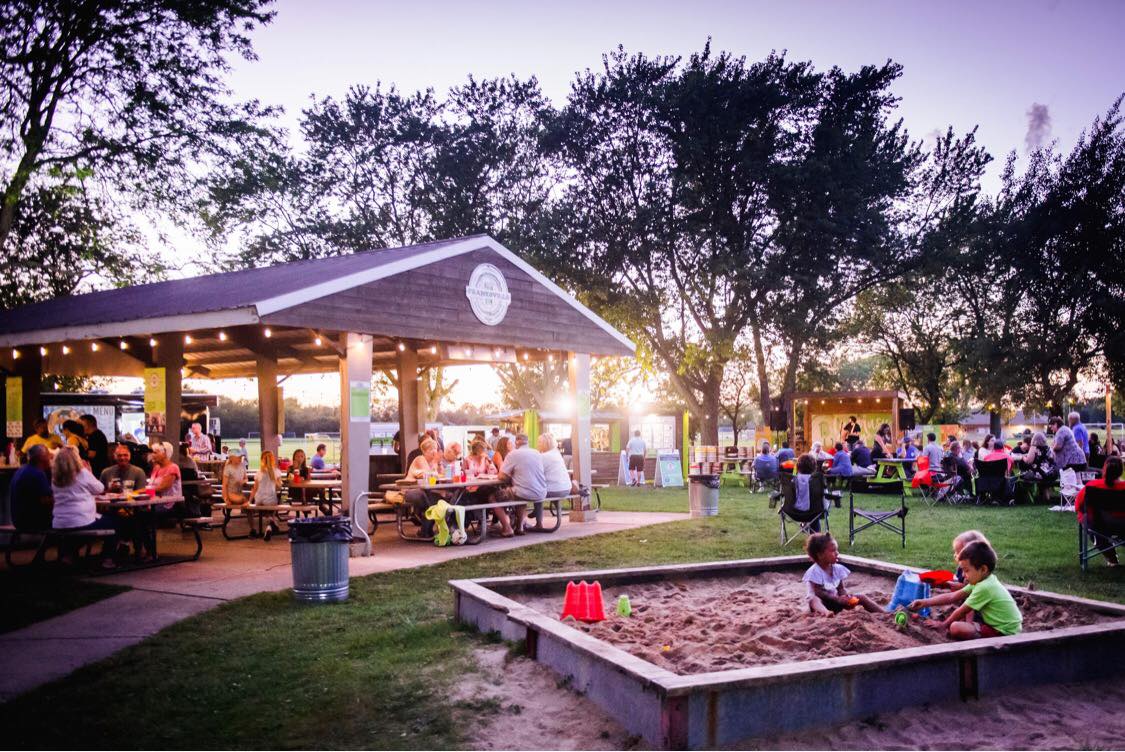
You may have heard about the summer slide – the idea that children forget what they learned during the school year over summer break.
And this year, the “summer slide” meets the “COVID slide”.
The Northwest Evaluation Association (NWEA) is a Portland-based education organization, and they used a sample of 5 million students and mapped typical learning gains and losses over an average school year. They project a 30% learning loss in reading and a 50% loss in math due to the COVID slide.
After an extraordinary school year, it’s more important than ever to take an honest look at where our children are academically.
How To Avoid The “Summer/COVID Slide”
The “summer slide” refers to the idea that many children, especially students from poor families and those who struggle in reading, can regress during summer vacation and forget some of what they’ve learned. This year, it’s compounded by a difficult year of virtual learning.
Luckily, research suggests that avoiding the summer slide is not difficult:
1. Visit the library regularly and let them choose their books.
Exposing children to a wide variety of options and soliciting their input will keep content fresh and interesting.
2. Read six books.
Research shows that reading just six books over the summer (at the appropriate reading level) can keep students on track.
3. Read something every day together.
Read a recipe together. Read comics and memes. Snuggle up for a bedtime story (and even better, have your child read aloud to you). Even if it’s not a full-stop novel, reading here and there helps keeps kids on their toes.
4. Use apps and online resources made for kids.
We organized a resource library organized by subject. You can access it for free here.
5. Invest in affordable workbooks.
There are plenty of grade level workbooks and flashcards that can keep kids engaged over the summer. Check Amazon or Barnes & Noble to start your search.
6. Sign up for summer school or tutoring.
Milwaukee Public Schools offers Summer Academy throughout the summer, as do several suburban districts. You could also hire a tutor to help fill the gaps where your child needs help.
To Worry or Not to Worry?
Dr. Peter Gray of Psychology Today points out that not all important learning happens in school or can be measured on tests. To him, summertime is an immersion in real life and real decision making, when kids do things as opposed to memorize things.
Dr. Gray also suggests that much of what we call the summer slide is actually a myth. He points to research that is at best inconclusive, and in some cases actually shows improved mathematical reasoning skills over the summer.
Sources:
http://www.pbs.org/wgbh/nova/blogs/education/2017/06/minimizing-summer-slide/
http://www.edudemic.com/schools-surviving-summer-slide/
Calie Herbst, Editor-in-Chief of Milwaukee With Kids, has spent over a decade combining her experiences as a parent of three to create a hub for Milwaukee’s family adventures.
Her decade-long teaching career in Milwaukee Public Schools and academic background, including a Master’s in Teaching from Marquette University and dual B.A.s in Sociology and Spanish from the University of Wisconsin – Madison, fuel her passion for inclusive and engaging family content.
Calie is also a recognized voice in local media, contributing to WISN Channel 12 News, WTMJ Wisconsin Morning News, Fox 6’s Real Milwaukee, and B93.3.
Discover more about Calie’s journey and editorial approach on her About Page and Editorial Policy Page.









